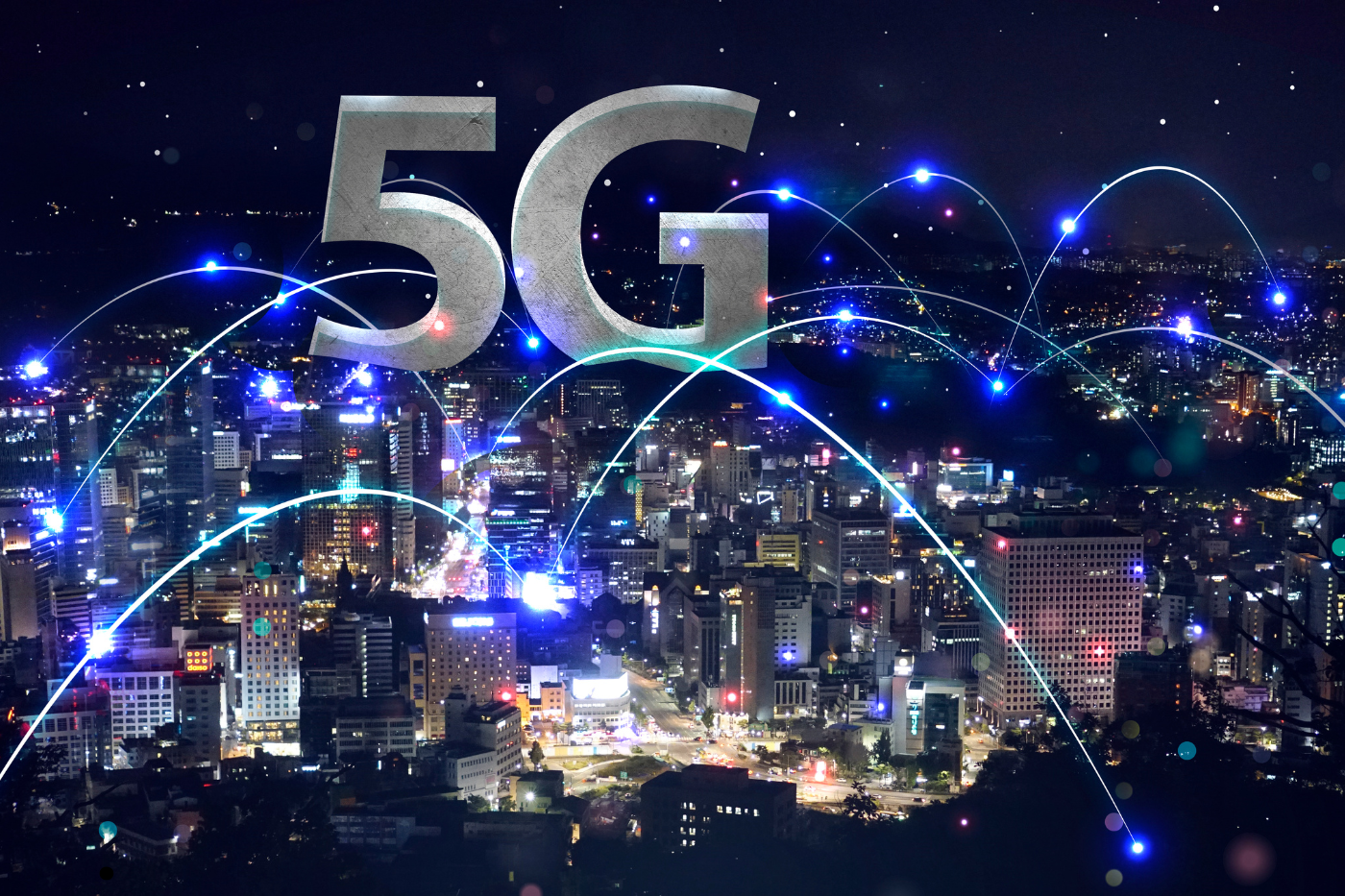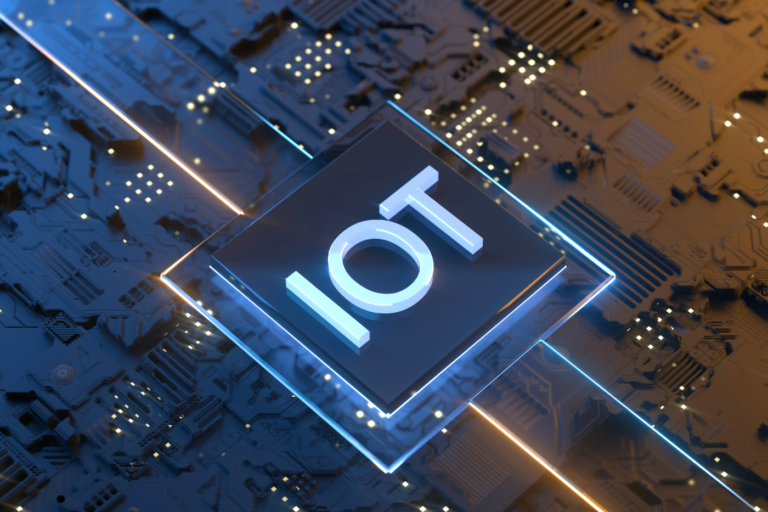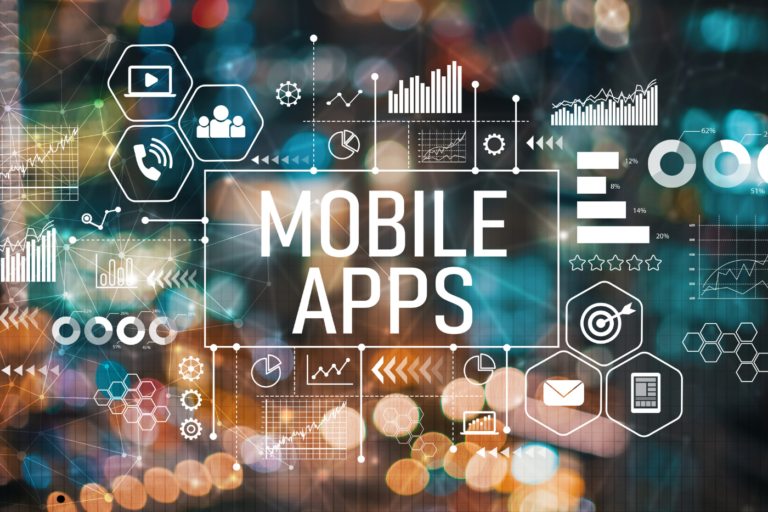5G: Pioneering Connectivity Advancements
5G technology is set to revolutionize the way we connect and interact with the digital world, ushering in a new era of connectivity. Offering unprecedented speeds, low latency, and enhanced capacity, 5G is poised to transform industries, drive innovation, and create new opportunities.
KEY FEATURES OF 5G TECHNOLOGY
- Unprecedented Speeds 5G offers speeds up to 100 times faster than 4G, enabling quick downloads, seamless streaming, and real-time data transfer. This speed is critical for applications that demand high bandwidth, such as virtual reality (VR) and augmented reality (AR).
- Low Latency With latency as low as one millisecond, 5G ensures near-instantaneous communication. This is crucial for time-sensitive applications like autonomous vehicles, remote surgery, and industrial automation, where even a slight delay can have significant consequences.
- Enhanced Capacity 5G can support a massive number of devices simultaneously, making it ideal for the Internet of Things (IoT). This capability allows for the connection of billions of devices, from smart home gadgets to industrial sensors, facilitating smarter and more efficient systems.
IMPACT ON INDUSTRIES
- Healthcare 5G enables remote medical consultations, real-time monitoring, and telemedicine, improving healthcare accessibility and efficiency. Surgeons can perform remote surgeries with precision, thanks to low latency and high reliability.
- Manufacturing In smart factories, 5G supports automation and real-time monitoring of machinery, enhancing productivity and reducing downtime. The technology enables predictive maintenance, ensuring that potential issues are addressed before they cause disruptions.
- Entertainment 5G enhances the entertainment experience by enabling high-quality streaming, immersive VR and AR experiences, and cloud gaming. Users can enjoy seamless and interactive content without buffering or lag.
- Transportation With 5G, autonomous vehicles can communicate with each other and infrastructure in real time, enhancing safety and efficiency. Smart traffic management systems can reduce congestion and improve urban mobility.
CONCLUSION
5G technology is transforming industries by providing faster speeds, low latency, and enhanced capacity. Its impact on healthcare, manufacturing, entertainment, and transportation highlights its potential to drive innovation and create new opportunities. As 5G networks continue to expand, businesses and consumers alike will experience a new era of connectivity, reshaping how we live and work in the digital age. Embracing 5G is essential for staying competitive and harnessing the full potential of the digital future.







